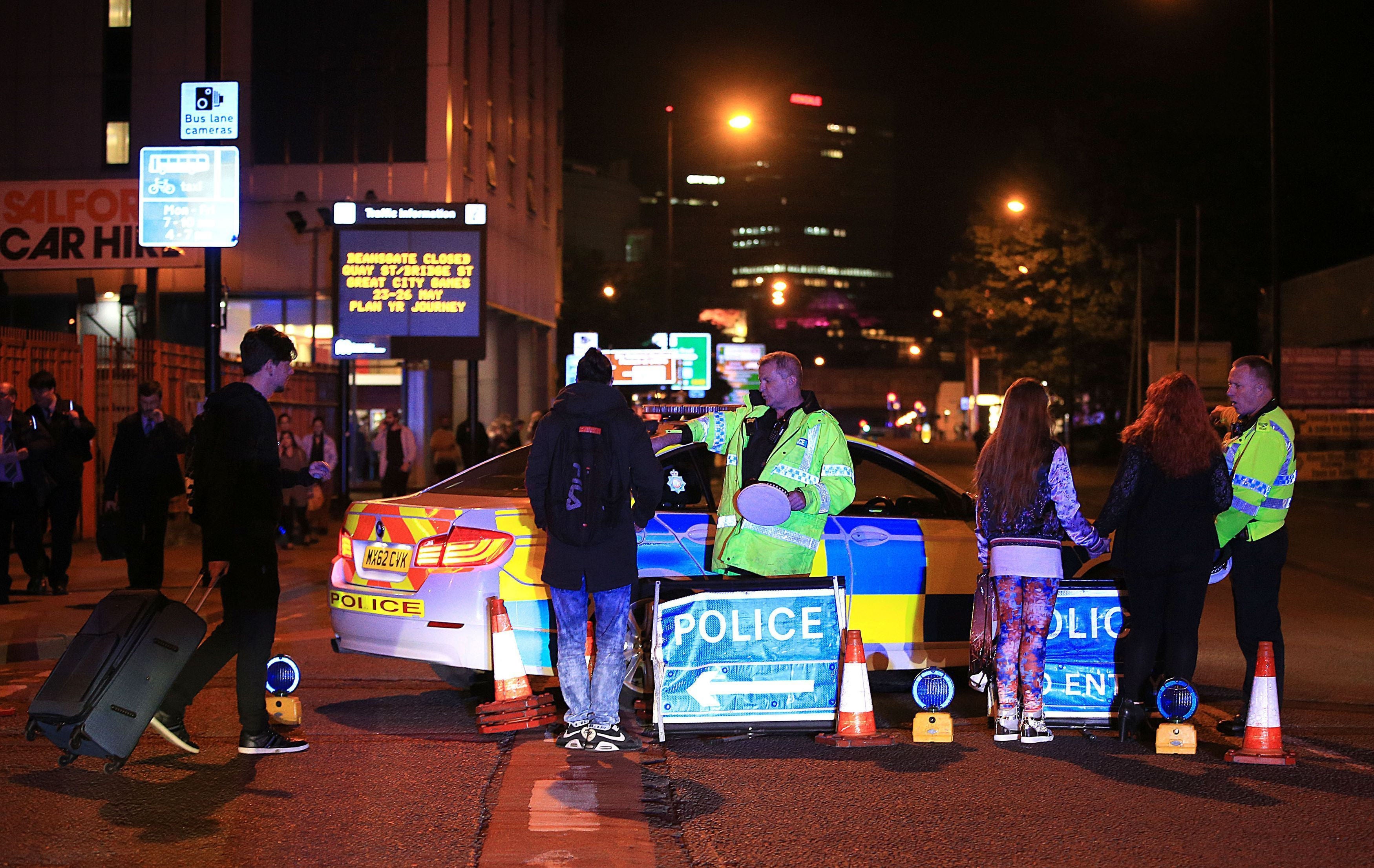Manchester Arena bomb police chief denies he misled review into 999 response
Ian Hopkins said he was not aware of such inter-agency failures when Greater Manchester Police’s (GMP) response to the incident was outlined in a letter to Lord Kerslake

Your support helps us to tell the story
From reproductive rights to climate change to Big Tech, The Independent is on the ground when the story is developing. Whether it's investigating the financials of Elon Musk's pro-Trump PAC or producing our latest documentary, 'The A Word', which shines a light on the American women fighting for reproductive rights, we know how important it is to parse out the facts from the messaging.
At such a critical moment in US history, we need reporters on the ground. Your donation allows us to keep sending journalists to speak to both sides of the story.
The Independent is trusted by Americans across the entire political spectrum. And unlike many other quality news outlets, we choose not to lock Americans out of our reporting and analysis with paywalls. We believe quality journalism should be available to everyone, paid for by those who can afford it.
Your support makes all the difference.The chief constable at the time of the Manchester Arena bombing has denied he misled an independent preliminary review into the emergency response.
There were significant multi-agency communication failures as fire crews took more than two hours to arrive and only three paramedics entered the City Room foyer where the explosion was detonated, a public inquiry into the May 2017 attack has heard.
Other other blue light services could not get through to the Greater Manchester Police (GMP) force duty officer — the initial commander of the incident — and members of the public, police officers and venue staff had to resort to using makeshift stretchers to move casualties, the hearing has been told.
Ian Hopkins said he was not aware of such inter-agency failures when GMP’s response to the incident was outlined in a letter to Lord Kerslake.
Kerslake led the review ordered by the region’s mayor, Andy Burnham, which was published in March 2018.
Earlier this month, when giving evidence, the current Deputy Chief Constable Ian Pilling publicly apologised for failings by GMP “principally failing to carry out the basic functions of Jesip [Joint Emergency Services Interoperability Principles] in the early stages of the incident which impacted considerably on joint working.”
Pete Weatherby QC, representing the bereaved families, suggested to Mr Hopkins that in his signed letter to Lord Kerslake on 8 November 2017 he was giving a “rose-tinted description of a smoothly run response without any problems”.
Mr Hopkins, denying the allegation, said: “I think this was trying to give a flavour to Lord Kerslake of what took place on the night, the scale of what was happening, and the fact that the review was there to look in more detail at it.”
Mr Weatherby said, “It doesn’t raise any of the issues that we’ve been discussing about the failures of Jesip, does it?”
“That’s because I don’t think we were aware of the failures to the degree that we are now. Nobody at that point was talking about that level of failure,” Mr Hopkins replied.
Mr Weatherby said, “Six months on, GMP had conducted debriefs, you’d set up a team under Mr Pilling, senior officers, a legal team, and here we are with a significant review set up by the mayor, and quite frankly, objectively, a misleading picture is being painted here, isn’t it?”
Mr Hopkins said: “I think, looking at it now, some nearly four years on, I can see the point that you’re making. But that was clearly never anybody’s intention.”
Mr Hopkins said that he engaged with the Kerslake Review to learn the lessons, to find out what had happened.
Mr Hopkins stepped down from his post in December after Mr Burnham asked him to resign in the wake of the scathing report by Her Majesty’s Inspectorate of Constabulary and Fire and Rescue Services (HMICFRS), which revealed the force had failed to properly record 80,000 crimes.
The inquiry into the terror attack which killed 22 people and injured hundreds others continues.
Includes reporting by PA
Join our commenting forum
Join thought-provoking conversations, follow other Independent readers and see their replies
Comments